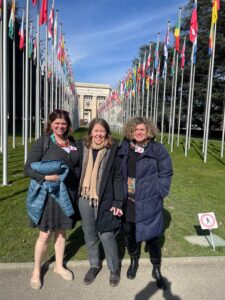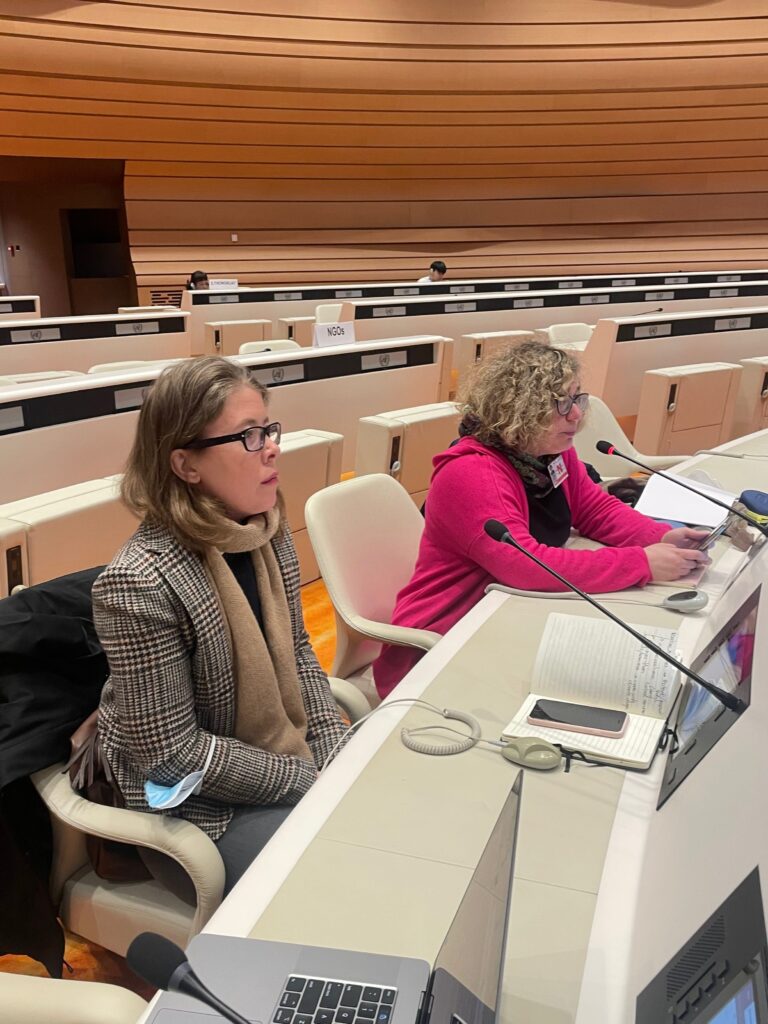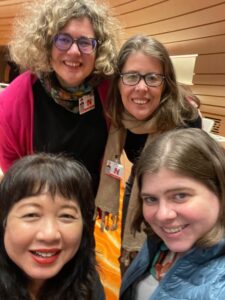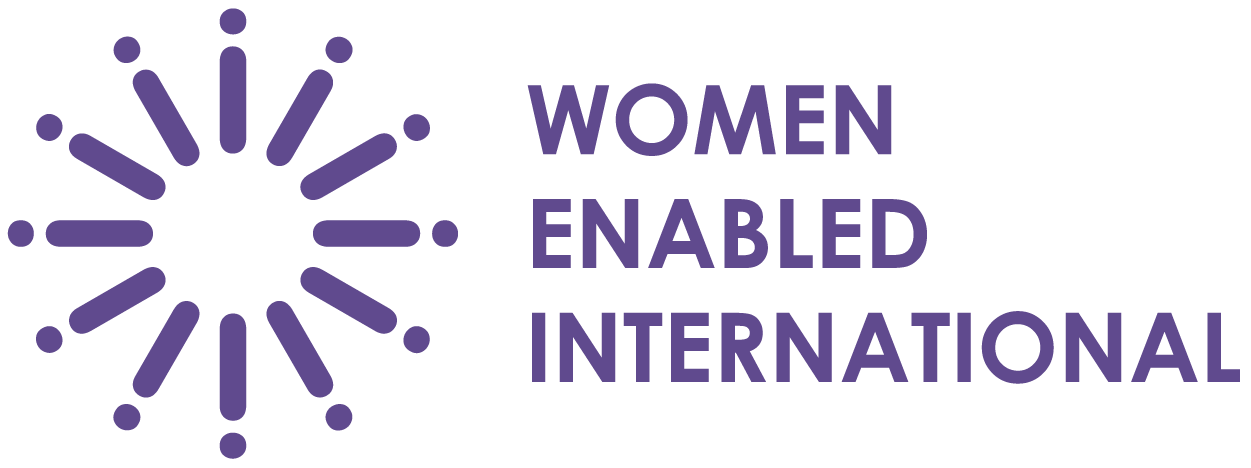
Article 11 of the Convention on the Persons of Disabilities (CRPD) addresses Humanitarian Emergencies s and Situations of Risk. That is a big umbrella – striving to cover everything from armed conflict to natural disasters to climate change to global pandemics.
The CRPD Committee, the body of independent experts that monitors implementation of the Convention, is developing a General Comment on Article 11 to provide guidance to governments on upholding rights in these wide-ranging contexts. Their process has entailed organizing regional consultations with organizations representing disabled people and briefings with key international advocacy groups – including Women Enabled International.

WEI attended these briefings in Geneva with a partner advocate from Poland, Dr. Magda Szarota, who is supporting people with disabilities in Ukraine. Magda provided first-hand accounts of how small grassroots advocacy organizations were stepping in to fill a gap in humanitarian aid, as humanitarian actors still lack adequate knowledge on how best to support persons with disabilities, resulting in people with disabilities facing significant challenges to accessing the support and assistance they need.
“We established an informal network of individual advocates and local disability organizations that have supported many Ukrainians with disabilities since the beginning of the war,” describes Magda. “However, we are ‘humanitarian amateurs.’ We have neither technical knowledge on humanitarian assistance nor the tools and resources to provide this assistance in a way that does not affect our mental health or compromise our own personal finances in a context of economic crisis.” – Dr. Magda Szarota, Humanity in Action Polska, Board Member
The CRPD Committee also issued a call for submissions, to which WEI substantively responded. Our submission points to the documentation of lived experiences at the intersection of gender and disability around situations of risk that we conducted, specifically related to the COVID-19 pandemic globally and to climate change as part of our needs assessment research in the Pacific region. WEI’s local partners provided additional expertise on the impact of humanitarian emergencies and situations of risk on gender and disability rights, particularly around gender-based violence and sexual and reproductive health. They added perspectives from multiple intersecting identities, including those who identify as members of indigenous and LGBTQIA+ communities.

“Due to the impact of climate change, many indigenous women and girls with disabilities and their family members in Nepal cannot access nutritious and fresh food, including medicines and herbs from the forest these days. Every day, they are also compelled to walk more than 2-5 hours to fetch water, negatively impacting their health and menstrual hygiene.” – President, National Indigenous Disabled Women Association- Nepal
While the Committee grapples with how to make a General Comment on such a far-reaching and complex set of situations, WEI will continue to advocate and collaborate closely with the Committee in the coming months. We aim to ensure the final product makes visible the key issues impacting women and gender-diverse people with disabilities, recognizes the differentiated impacts of these issues on our community in humanitarian emergencies and situations of risk, and includes concrete, actionable recommendations.
